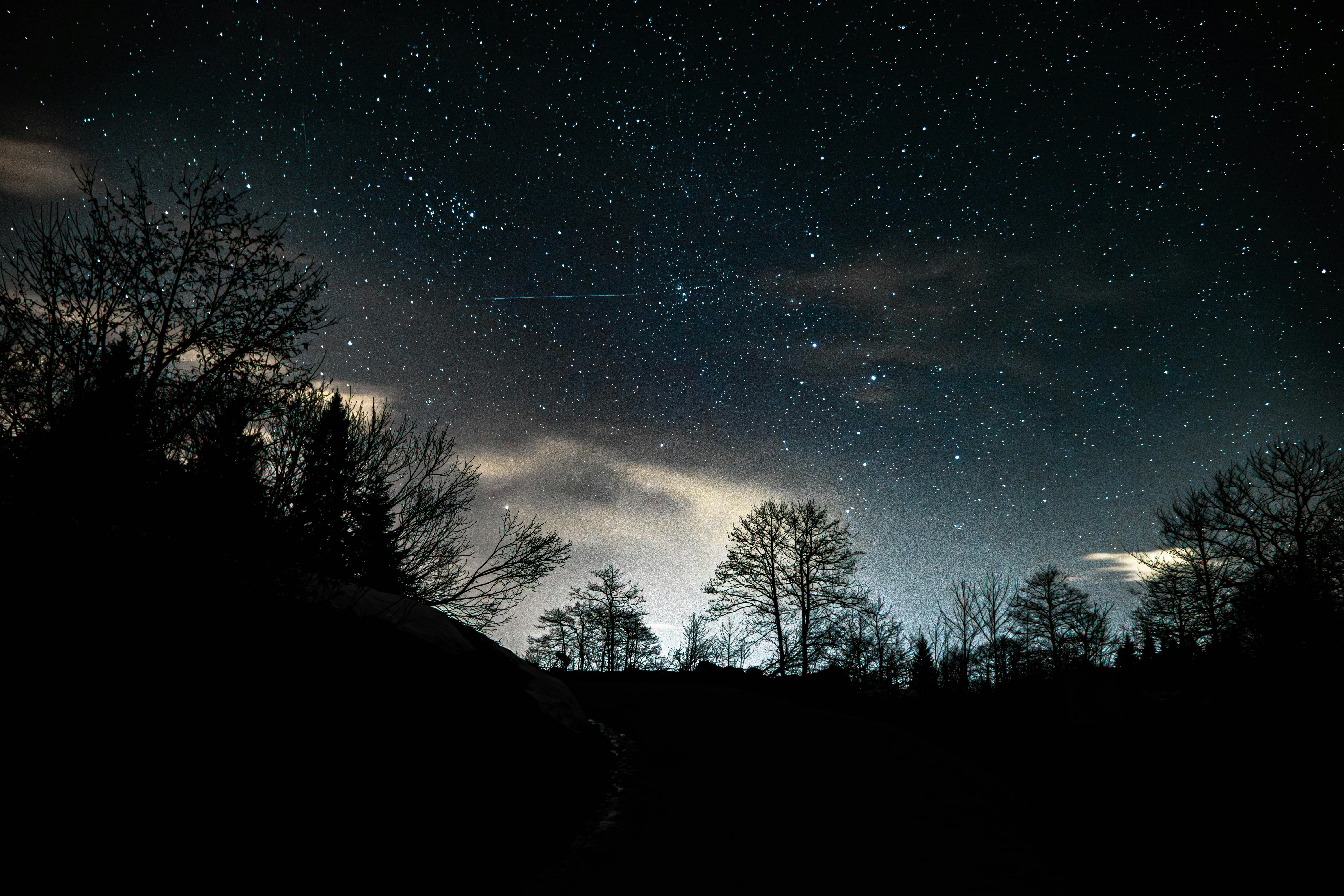
Eren Arıcı/Pexels

Audio By Carbonatix
It never feels good to miss cosmic events like Tuesday night’s surprise Northern Lights or even last month’s Orionids meteor shower, but the good news is that they’re not as rare as they seem. Spend enough time gazing at the sky on a clear night and you’re sure to see something interesting, especially if you happen to be looking this weekend.
The Leonid meteor shower is active through the month of November, and it will soon reach its peak. And with so many Dark Sky locations around Denver, there will be opportunities to enjoy it from Colorado. Read on to learn more about the meteor shower and when and where to view it this weekend.
What Is the Leonid Meteor Shower?
The Leonid meteor shower happens every year in November when Earth passes through leftover dust and debris from Comet Tempel Tuttle, which creates the fast, bright and colorful Leonid meteors. The shower peaks in mid-November of each year and is known as a major meteor shower, according to NASA.
Every three decades, the shower sometimes becomes a storm. On November 17, 1966, thousands of meteors falling like rain during a fifteen-minute time span were recorded, according to earthsky.org. The last Leonid meteor storm took place in 2002. But most of the time, the Leonids are much more tame. It’s estimated that during the peak and in optimal conditions, viewers will be able to see anywhere between three and fifteen meteors per hour.
The Leonids get their name from the constellation Leo; the meteors seem to emerge or radiate from the same area in the sky as the constellation depicting the Nemean Lion killed by the Greek mythology hero Heracles.
When Is the Leonid Meteor Shower?
The Leonid meteor shower is active from November 3 to December 2. This year, its predicted peak is the late hours of Sunday, November 16, and the early hours of Monday, November 17, so stay up late Sunday night if you can! You might also be able to catch the shower late Monday night and early Tuesday morning.
This year, Colorado has optimal viewing conditions, with projected clear skies and a slim, waning crescent moon, which will help keep the sky dark.
Where to See the Leonid Meteor Shower in Colorado?
Colorado has several designated Dark Sky locations, such as Browns Canyon National Monument in Salida and Great Sand Dunes National Park and Preserve in Mosca. Regardless of location, any cosmic event is best observed on a clear night away from light pollution, which will make looking for meteors from the city of Denver pretty difficult.